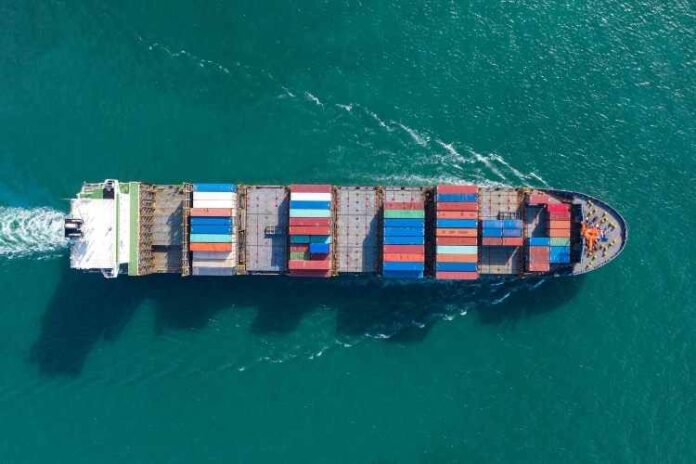So, what should you anticipate from a freight broker versus a freight forwarder? Even though freight brokers and forwarders are both parts of the freight sector, they each have distinct duties. A freight brokerage company acts as a middleman between shippers and carriers, facilitating the transportation of products. In other words, they oversee shipments, but they don’t assume ownership of them. In addition, international shipping isn’t often handled by them. It’s rare for them to spread out outside a single region of the United States or Canada.
The work that freight forwarders accomplish is more extensive. They store, assemble, and prepare customers’ freight for shipping and consolidate shipments. Freight forwarders, for example, ship from China to Canada commonly handle foreign goods due to their licenses.
Freight forwarders versus freight brokers have different tasks and tools.
- First, freight forwarding requires warehouses, trucks, packing supplies, and staff. Their hands-on work needs insurance and other protections. Freight brokers rarely own warehouses, trucks, or physical freight.
- Brokers pay carriers, but those carriers are still responsible to the shipper. Forwarders are answerable to shippers and carriers to forwarders.
What is a freight broker?
The influence of a freight broker is to serve as a mediator and negotiator in the transportation industry. Shippers benefit from their ability to shop around for lower prices because they have access to many carriers. Brokers have more negotiating power than a single business with a small number of regular customers since they have a more significant number of customers and a higher shipment volume.
Brokers can also provide carriers with a more consistent supply of loads than a single customer because they work for several customers. Keeping trucks packed and moving is made simpler for transportation companies as a result. As a bonus, it helps them avoid unnecessary commuting.
Responsibilities of a freight broker
For the most part, freight brokerage companies serve as intermediaries between shippers and carriers, but they do far more. As part of their duties, they keep an eye on shipments, notify shippers and carriers of any delays or modifications, and ensure that there is open and honest communication between the parties involved.
By taking a small percentage of the cost of the transactions they supervise, freight brokers earn a profit.
The Use of a freight broker has several advantages.
- In their line of work, they’re always on top of the current trends. A broker keeps track of rules, freight and fuel pricing, and new trends and then communicates this information to the shippers and carriers.
- The volume of freight handled by freight brokers allows them to negotiate lower rates and fees for both shippers and freight carriers.
- Optimize shipment. A brokerage can adjust routes to increase delivery accuracy, safety, and efficiency. What’s with brokers? As carriers profit, so does the broker.
- Freight brokers handle lost or damaged shipment claims. Even with insurance, the claims process can be long and tedious. Freight brokers can help.
What is a freight forwarder?
Forwarders are also freight consolidators. They acquire ownership and ship freight on their authority.
They also package and consolidate cargoes. Their size helps them negotiate better freight costs.
Responsibilities of a freight forwarder
Freight forwarding is more hands-on than freight brokering because it entails physically handling the shipment. Freight forwarders ensure warehoused freight. Forwarders arrange and coordinate cargo transit more physically than a freight broker.
The use of a freight forwarder has several advantages.
- They sort stored items. They package and route freight creatively to save transportation costs and assure safe, on-time delivery.
- They operate as a liaison between clients and transportation services to deliver products.
- Freight forwarders manage imports and exports.
- Forwarders can train customers how to package high-risk domestic or international shipments or do it themselves.
- They verify that packages are correctly labeled and delivered on time. International labels include:
- The exact goods in the cargo container
Legal liabilities for freight brokers and freight forwarders
Each party’s shipment obligation affects their legal liability for items they handle. Brokers facilitate shipping. They never take control of the freight; thus, they’re never legally responsible.
Once a freight forwarder has cargo, they’re accountable for its storage, shipping, and delivery. They’re responsible for the load’s condition following receipt. Freight forwarders have more challenging insurance and licensing requirements.
Takeaway
If you need a freight forwarder or freight broker, read this blog. Comparatively, their service and convenience are worth the fees they ask for. A competent shipping firm should supply all the relevant papers for international shipping and guaranteed delivery to make exporting easy.








